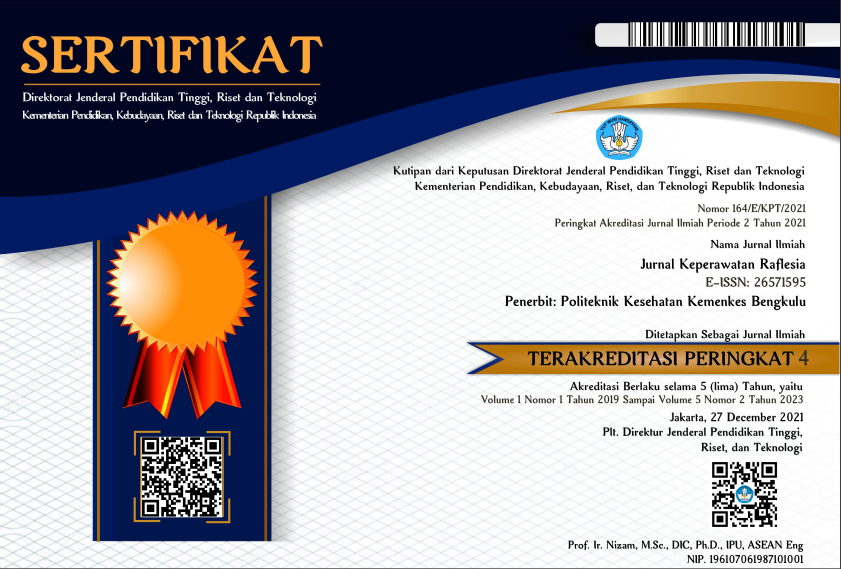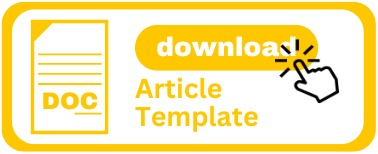Kepuasan Self Monitoring Blood Glucose dengan Kualitas Hidup pada Pasien Diabetes Tipe 2
DOI:
https://doi.org/10.33088/jkr.v1i2.419Keywords:
type 2 diabetic, self monitoring blood glucose satisfaction, quality of lifeAbstract
Self monitoring blood glucose (SMBG) is an integral part of diabetes self management. SMBG is effective in improving the quality of life there is a 40.6% increase in physical and emotional functioning of patients, and 39.13% confidence. SMBG is not effective in improving the quality of life of patients experiencing frustration, depression and suffering. The purpose of this study was to analyze SMBG satisfaction with quality of life. Cross sectional research design. The population of this study were 51 type 2 diabetes patients with purposive sampling technique. The instruments used were Glucose Monitoring Satisfaction Survey (GMSS), Diabetes Quality of Life Brief (DQoL Brief), Diabetes Self Management Questionnaire (DSMQ). Data analysis used Pearson test. The results showed respondents (78.4%) were female, (58.8%) had hypertension complications, (84.3%) financial support using BPJS, (62.7%) using insulin binding 32. The average age of 50.73 years, SMBG satisfaction 49.43, quality of life 49.84 , diabetes self management 28. There was a significant relationship between SMBG satisfaction and quality of life (p = 0.000). Satisfaction of SMBG improves quality of life in patients with type 2 diabetes.
Downloads
Published
Issue
Section
License
Authors who publish with JURNAL KEPERAWATAN RAFLESIA agree to the following terms:
- Authors retain copyright and grant the Jurnal Keperawatan Raflesia right of first publication with the work simultaneously licensed under a Creative Commons Attribution License (CC BY-NC-SA 4.0) that allows others to share (copy and redistribute the material in any medium or format) and adapt (remix, transform, and build upon the material) the work for any purpose, even commercially with an acknowledgement of the work's authorship and initial publication in Jurnal Keperawatan Raflesia.
- Authors are able to enter into separate, additional contractual arrangements for the non-exclusive distribution of the journal's published version of the work (e.g., post it to an institutional repository or publish it in a book), with an acknowledgement of its initial publication in Jurnal Keperawatan Raflesia.
- Authors are permitted and encouraged to post their work online (e.g., in institutional repositories or on their website) prior to and during the submission process, as it can lead to productive exchanges, as well as earlier and greater citation of published work (See The Effect of Open Access).

















